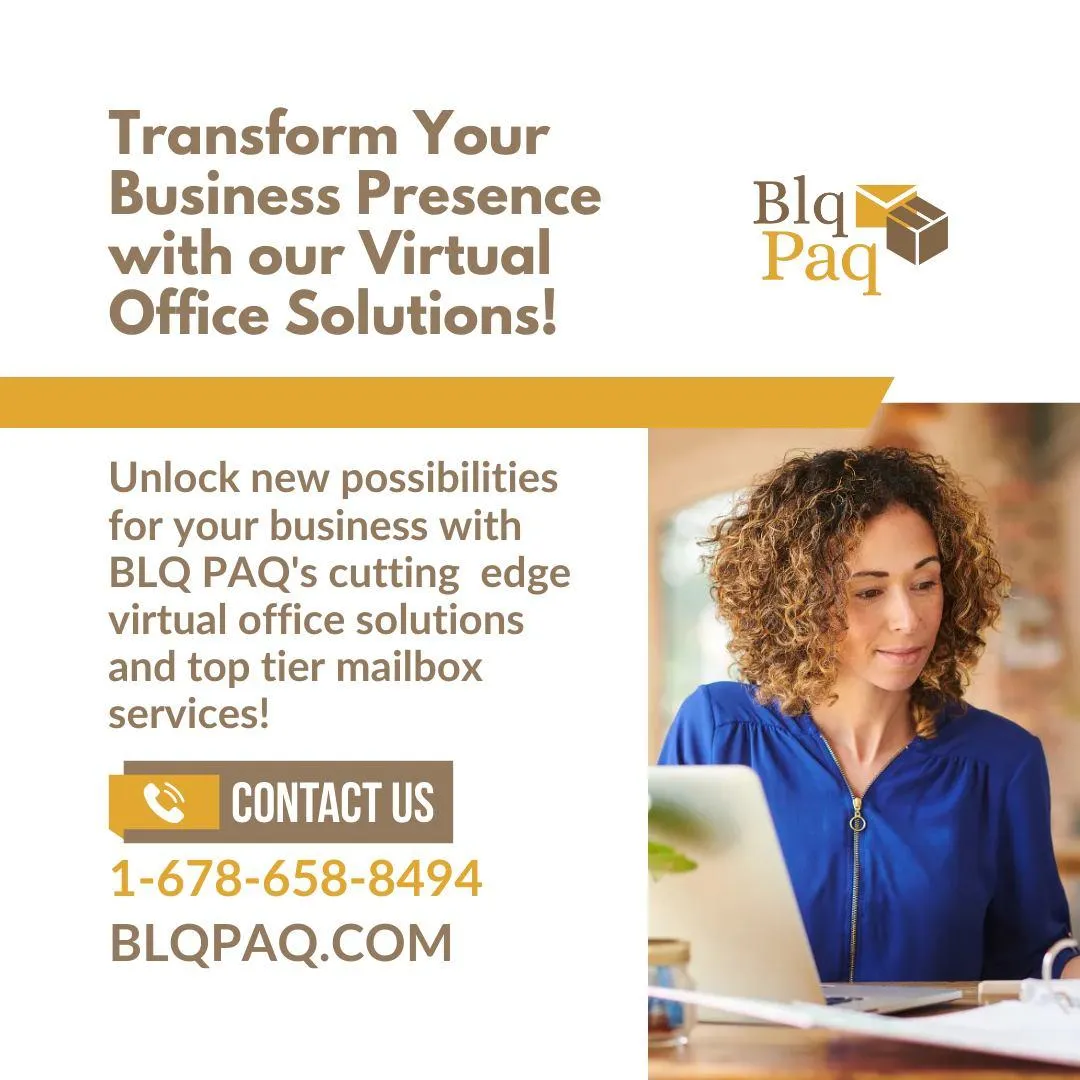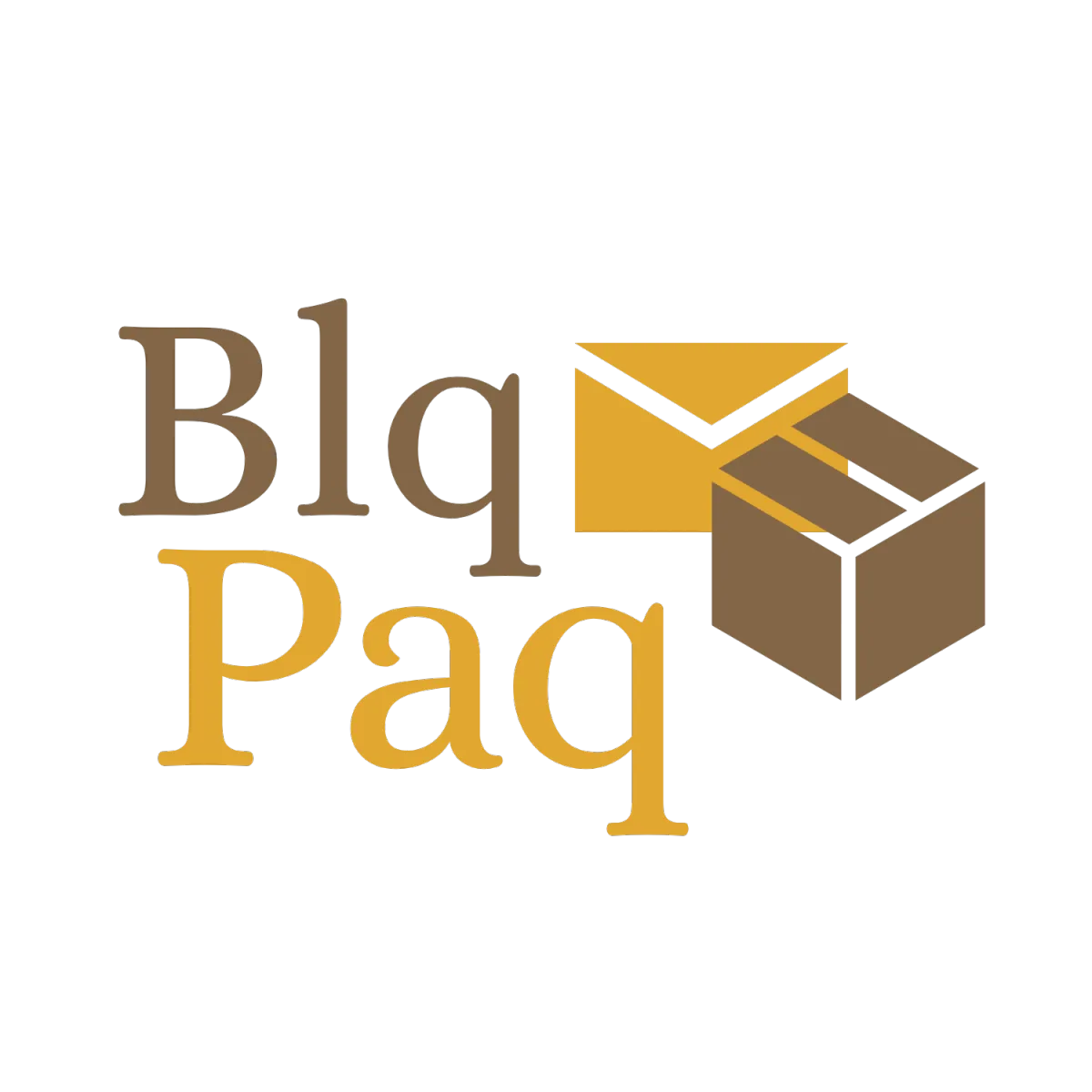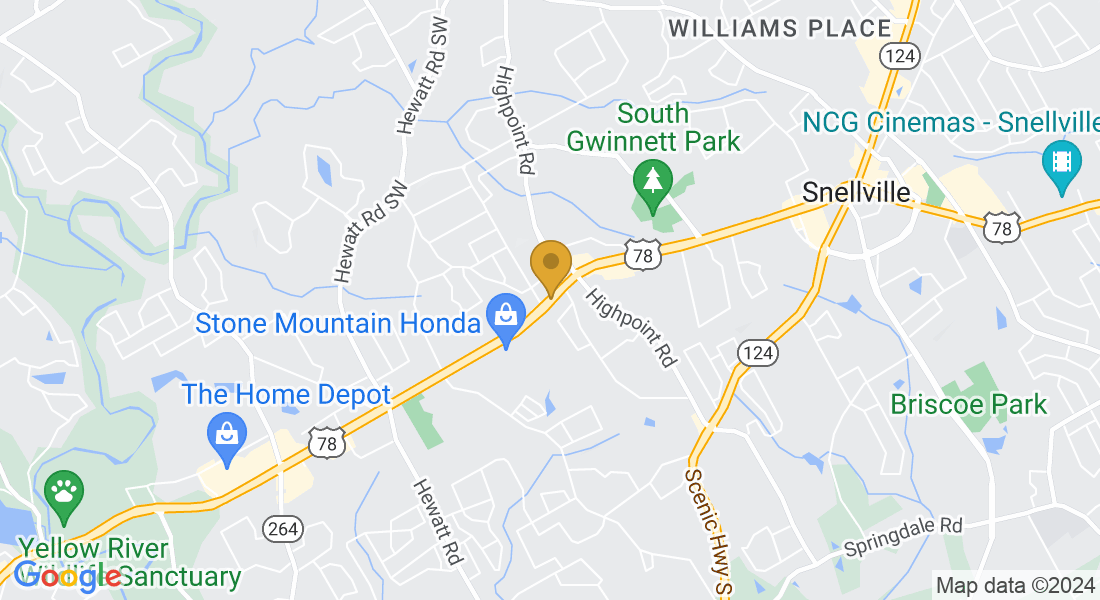
How to Create Your Personal Brand as a Virtual Freelancer
Starting Your Personal Brand at Virtual Office in Snellville, Georgia: BLQPAQ
Establishing your personal brand at a virtual office, like BLQPAQ in Snellville, Georgia, can provide a strategic advantage. Begin by identifying your unique selling proposition—what makes you different from others in your field. Use the resources available at BLQPAQ, such as networking events and collaborative spaces, to connect with like-minded professionals. Leverage social media platforms to share your expertise and experiences, while ensuring your online presence is consistent with your personal brand identity. Additionally, consider creating a professional website to serve as your digital portfolio, showcasing your previous work and testimonials. By strategically utilising your virtual office setting, you can enhance your visibility and credibility in the freelancing community.
1. Define Your Unique Selling Points
Your unique selling points (USPs) are the foundation of your personal brand. Here are some key strengths to highlight:
Extensive Experience in Remote Work:
Demonstrate your adaptability and efficiency in virtual environments.
Share examples of successful projects and how you navigated remote challenges.
High-Quality Work and Attention to Detail:
Showcase testimonials and case studies that reflect client satisfaction.
Highlight your commitment to delivering exceptional results.
Strong Communication and Project Management Skills:
Illustrate how you ensure smooth and transparent interactions with clients.
Discuss your methods for keeping projects on track and meeting deadlines.
Expertise in Latest Technology and Tools:
List the tools and software you use to enhance productivity.
Share tips and tricks for using these tools effectively.
Commitment to Continuous Learning:
Mention any certifications, courses, or workshops you’ve completed.
Stay updated on industry trends and best practices, and share this knowledge with your audience.
2. Choose the Right Platforms
To effectively build your personal brand, focus on the platforms that matter most:
Optimize Your Profile:
Use a professional headshot and compelling headline.
Write a summary that highlights your USPs and includes keywords relevant to your industry.
Showcase Your Experience:
Add detailed descriptions of your work experience, including achievements and responsibilities.
Engage with Content:
Share industry news, insights, and your own content.
Engage with others by commenting on posts and joining relevant groups.
Upwork
Create a Comprehensive Profile:
Include a professional photo and a detailed description of your services.
Highlight your skills, past projects, and client feedback.
Submit Customized Proposals:
Tailor your proposals to each job, emphasizing how your skills and experience match the client's needs.
Maintain High Ratings:
Deliver high-quality work and maintain good communication to receive positive reviews.
Personal Website
Develop a Professional Website:
Use a clean, user-friendly design that reflects your personal brand.
Include sections such as About Me, Services, Portfolio, Testimonials, and Contact.
Optimize for SEO:
Use relevant keywords throughout your website to improve search engine rankings.
Regularly update your blog with valuable content related to your field.
3. Create Valuable Content
Content is king when it comes to building a personal brand. Here are some strategies:
Blog Posts:
Write informative articles that showcase your expertise.
Share case studies, industry insights, and practical tips.
Social Media Updates:
Post regularly on LinkedIn about your projects, industry news, and personal achievements.
Use hashtags and tag relevant people to increase visibility.
Video Content:
Create tutorial videos or webinars to demonstrate your skills.
Share these videos on LinkedIn, your website, and other social media platforms.
4. Engage with Your Audience
Building a personal brand is not just about broadcasting your message; it's about building relationships.
Respond to Comments and Messages:
Engage with people who comment on your posts or send you messages.
Show appreciation for positive feedback and address any concerns professionally.
Network Actively:
Attend virtual industry events and webinars.
Connect with other professionals in your field and engage in meaningful conversations.
5. Showcase Your Success Stories
Nothing builds credibility like proven success. Here’s how to do it:
Share Testimonials:
Highlight positive feedback from clients on your LinkedIn profile and website.
Display Case Studies:
Provide detailed case studies that showcase the challenges you faced and the solutions you provided.
Highlight Achievements:
Mention any awards, recognitions, or notable projects you’ve completed.
6. Continuously Improve and Adapt
Building a personal brand is an ongoing process. Stay committed to continuous improvement:
Seek Feedback:
Regularly ask clients and peers for feedback on your work and branding efforts.
Use this feedback to make necessary adjustments.
Stay Updated:
Keep up with industry trends, new tools, and best practices.
Share this knowledge with your audience to remain a thought leader in your field.
Evolve Your Brand:
Regularly review and update your profiles, website, and content to reflect your growth and new expertise.
Client Acquisition vs. Client Retention
When it comes to thriving in the freelancing landscape, understanding the balance between client acquisition and client retention is crucial for sustainable success.
Client Acquisition
Acquiring new clients involves attracting potential customers and persuading them to utilize your services. This process typically includes strategies such as targeted marketing, networking, and showcasing your portfolio to reach broader audiences. While acquisition can lead to immediate growth in your income and visibility, it often requires considerable effort and resources, including time spent on outreach and follow-ups.
Client Retention
On the other hand, client retention focuses on maintaining and nurturing relationships with existing clients. Satisfied clients are more likely to return for repeat business and recommend your services to others, creating a more stable and predictable income stream. Building loyalty involves consistently delivering high-quality work, engaging in open communication, and understanding client needs. By prioritizing client retention, freelancers can reduce the cost and effort associated with constant acquisition, all while fostering a stronger, more reliable client base.
Balancing these two aspects is essential; while aiming to attract new clients, don’t overlook the importance of nurturing existing relationships for sustained growth in your freelance career.
Conclusion
Building a personal brand as a virtual freelancer requires time, effort, and strategic planning. By leveraging your unique strengths, choosing the right platforms, creating valuable content, engaging with your audience, showcasing your success, and continuously improving, you can establish a strong and credible personal brand.
Providing an Exceptional Experience
Remember, it’s not just about the work you deliver; it’s about the experience you provide. As a freelancer, the impression you leave on your clients can have a lasting impact on your career. Are you interested in having a virtual office in Snellville, Georgia? Check out the services we provide at our virtual office address in Snellville, Georgia. We offer tailored solutions designed to meet your professional needs while enhancing your overall client experience. We are here for you!
FAQs
What is personal branding, and why is it important for freelancers?
Personal branding is the practice of marketing yourself and your career as a brand. For freelancers, it is crucial because it helps establish credibility, showcases expertise, and differentiates you from competitors, ultimately leading to more opportunities and client trust.
How can I effectively promote my personal brand online?
You can promote your personal brand online through various channels such as social media, a professional website, and through content creation like blogs and videos. Engaging with your audience and sharing valuable insights in your field can also enhance your visibility and reputation.
What should I include on my professional website?
Your professional website should feature sections like About Me, Services, Portfolio, Testimonials, and Contact information. It's essential that the design is clean and user-friendly, ensuring it reflects your personal brand effectively.
How often should I update my content?
Regular updates to your content are recommended—ideally, you should refresh your blog and website content at least once a month. Keeping your material current helps maintain engagement with your audience and improves your standing with search engines.
How can I gather feedback from my clients?
You can gather feedback by directly asking clients after project completion or incorporating feedback forms into your workflow. Consider also following up a few weeks after delivery to gauge their satisfaction, using their insights to inform future improvements.

